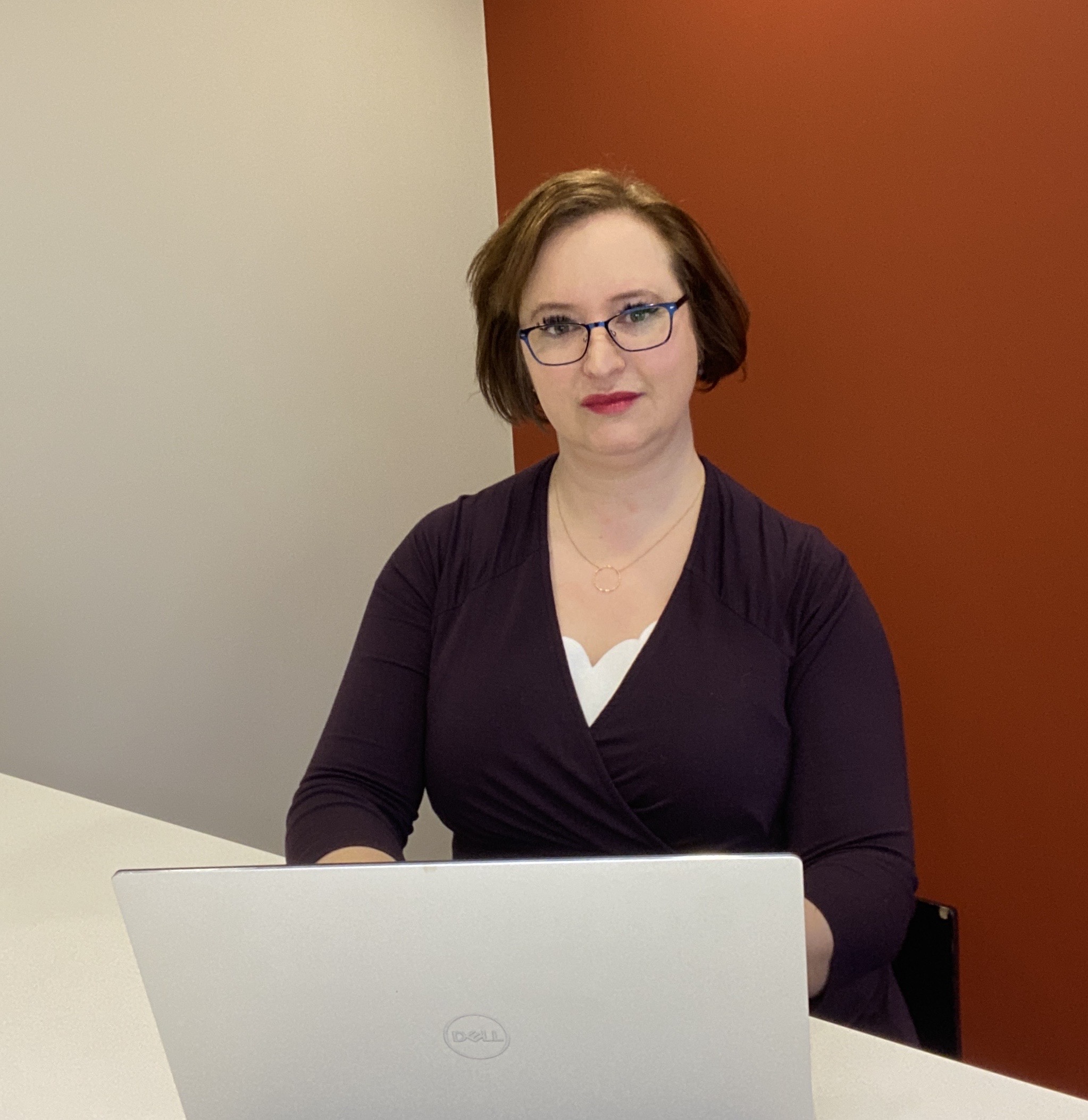Young Singulair Plaintiff – Help Your Young Adult Son or Daughter to be a Good Plaintiff
Attorney Kimberly Beck
Adults – seasoned adults – can be frustrated by their young adult children. There are some 18, 19, or 20-year-olds who really have “it” together. However, they are not in the majority. More commonly, 40-something and 50-something-year-old parents have good reason to worry that their adult child will let something important fall through the cracks. This is particularly true if your adult child is a young Singulair plaintiff. So, how do you help your young adult son or daughter to be a good plaintiff in the Singulair litigation?

The Frustrating Reality is You Can’t Do It for Them. The Young Singulair Plaintiff is, well, the Plaintiff.
Once your child reaches the age of majority (18 in most states), your child becomes an adult. That means the young adult must sign the contract with the law firm and must sign and return the medical releases. It also means the young Singulair plaintiff must press the claim. It does not mean that the parent must be completely hands off.
The Parent Can Provide Information to the Attorney.
While investigating a claim, lawyers can take information from almost anyone who is willing to provide it. That includes a person no one in the case has ever seen before, like a stranger who claims to have seen a car accident. It also includes, of course, the parent of the young Singulair plaintiff.
You can tell a lawyer anything you want to about your adult child’s case. You can help fill out questionnaires and intake forms. You can even ask to be interviewed.
Is the Information the Parent Provides to the Lawyer Privileged?
Usually not. However, every state has its own law of privilege. Additionally, the facts of each situation can affect whether a statement is privileged. Regardless, a parent sharing information will not cause otherwise privileged information to no longer be privileged.
Can a Lawyer Give the Parent of an Adult Child Case Information?
If the parent is also a plaintiff, the situation might be different.
However, if the parent is not also a plaintiff and the lawyer shares information with the parent, the privilege is waived. That means, you make the information no longer privileged. Sometimes that is important and sometimes it is not.
As a lawyer, I would be pretty hesitant to shall my opinions about the strengths and weaknesses of the case with the plaintiff’s mom or dad, even if the plaintiff gave me permission. I would want to keep that information privileged.
On the other hand, it might not be damaging to the case if we have to disclose that we followed up with the young Singulair plaintiff’s mother to get the plaintiff to sign HIPAA releases. But, the case might be damaged. If we are trying to paint the young adult plaintiff as capable, we might not want a jury to hear that the plaintiff’s mom had to intervene. Or, that evidence might make it look like the young Singulair plaintiff does not feel the case is valuable or care much about the case.
Takeaways
Your adult child has to be the plaintiff; you cannot be the plaintiff for your son or daughter. You’re probably being reasonable if you are worried that your adult child will drop the ball. As the parent, you can provide information to the lawyer. Your adult child should hire a lawyer that understands the law of privilege and will communicate well with the adult child in hopes of preventing the parent from needing to be very involved.

Attorney Kimberly Beck
Cincinnati, Ohio
Attorney Kim Beck is the managing member of Beck Law Center, located in Cincinnati, Ohio. She has 15 years of experience as an attorney, mostly on the defense. She now represents plaintiffs in personal injury cases involving a variety of injuries caused by defecting drugs/ pharmaceuticals, medical malpractice, and other series accidents. If you would like more information about her background and experience, please review her profile page.
Attorney Advertisement. Beck Law Center provided this post as general information and should not be construed as creating an attorney/client relationship. It may not reflect the current law in your jurisdiction. It is not intended as a substitute for legal advice. Further, this correspondence is not protected by privilege. No reader of this post should act or refrain from acting on the basis of any information included in, or accessible through, this Post without seeking the appropriate legal or other professional advice on the particular facts and circumstances at issue from a lawyer licensed in the recipient’s state, country or other appropriate licensing jurisdiction.
